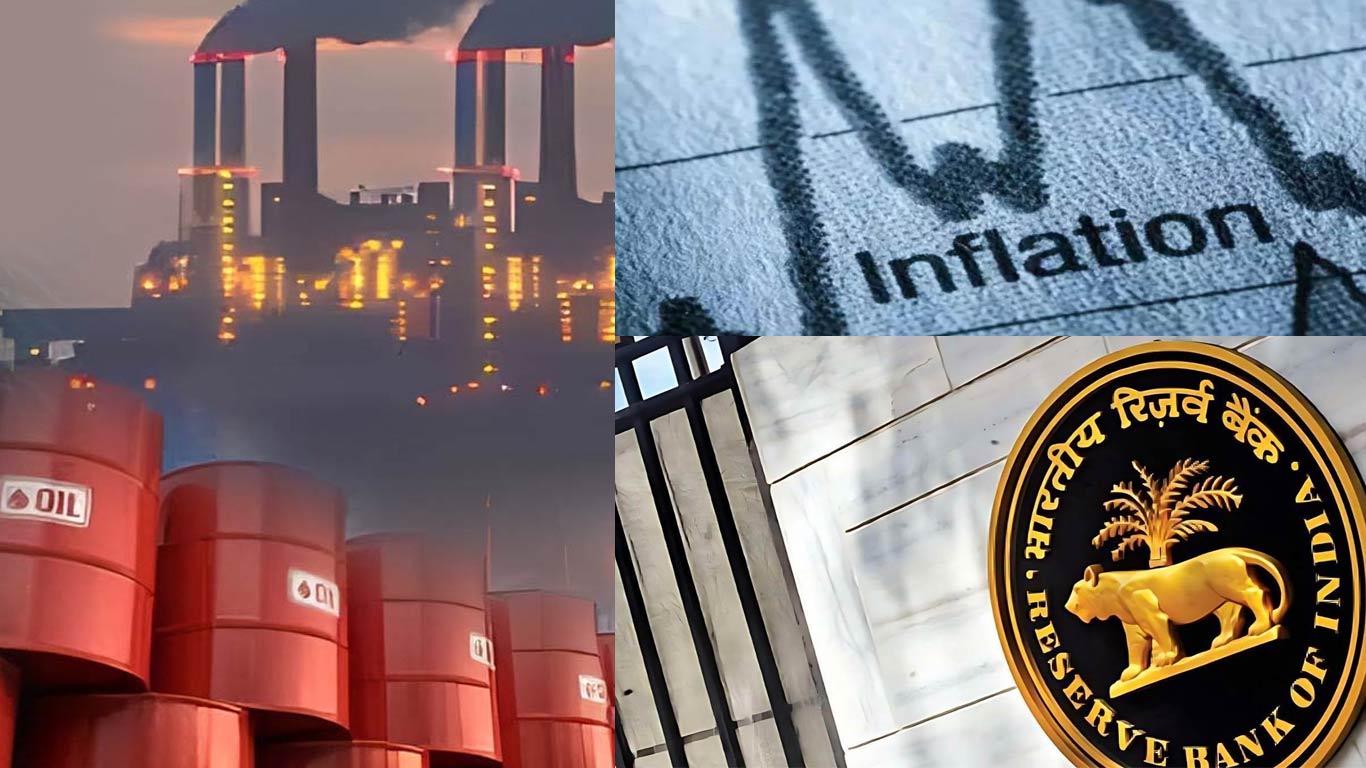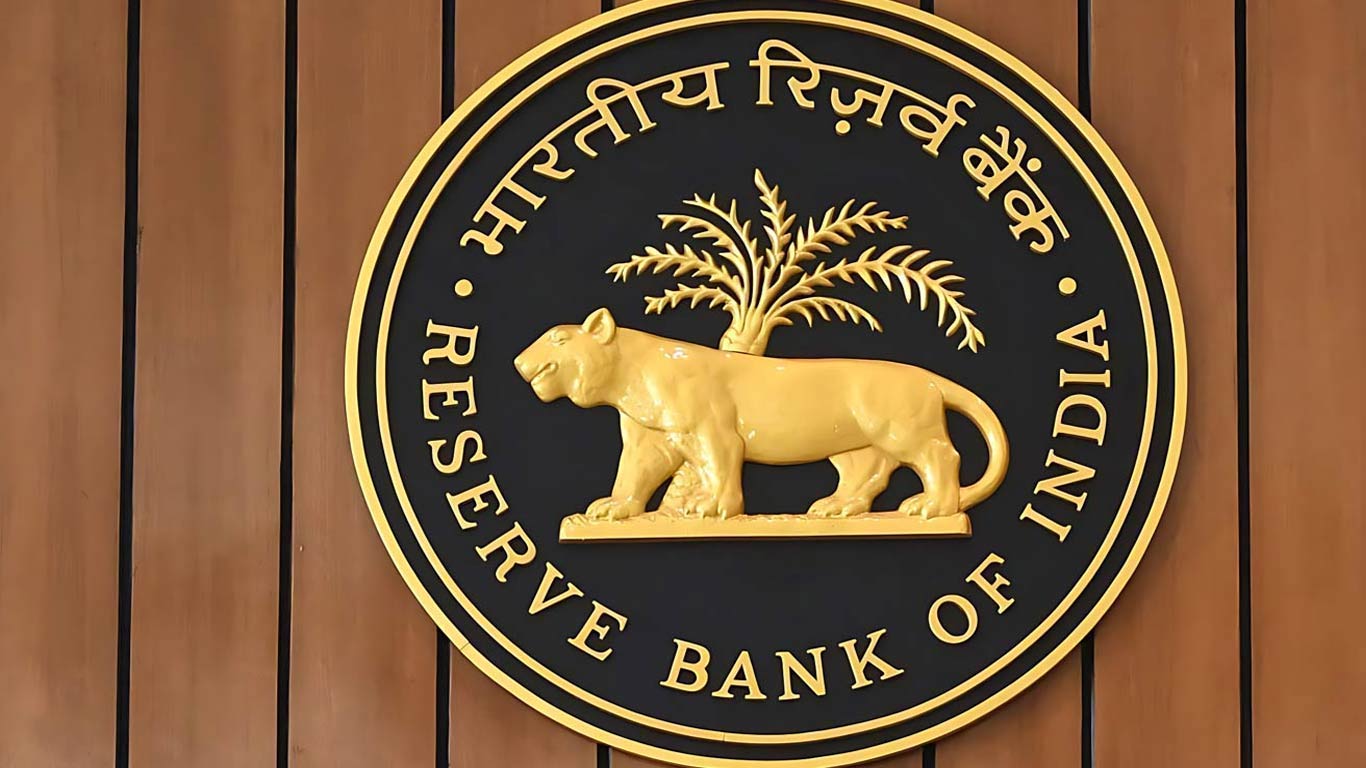Finance Commission advises to treat FY21, FY22 differently
Updated: Sep 05, 2020 08:26:56am

Finance Commission advises to treat FY21, FY22 differently
New Delhi, Sep 5 (KNN) The Economic Advisory Council of the 15th Finance Commission has advised to treat the financial year 2020-21 and 2021-22 differently in comparison to the next four years.
An official statement on Friday said that during an online meeting of the advisory council with the commission, the council was of the view that the Finance Commission is faced with an "unprecedented situation of uncertainties".
The Advisory Council felt that the Finance Commission is faced with an unprecedented situation of uncertainties and will have to take a nuanced approach towards tax devolution to the states, other transfers, financing of expenditures in the midst of revenue strains including through borrowings and the path of fiscal consolidation.
"The Members of the Council also felt that the Commission will have to think unconventionally, especially in treating the five years at hand from 2021-22 to 2025-26. They advised that the base year 2020-21 and the first year of 2021-22 may need to be viewed differently from the remaining four years when the revenue situation is likely to improve gradually," it said.
The meeting discussed a wide gamut of issues around GDP growth, tax buoyancy of the Centre and the States, GST compensation and fiscal consolidation.
Specific issues relating to public expenditure on health, investment revival, recapitalization of the financial system and its impact on public finances, focus on strengthening of defence capabilities, emerging trends in GST collections and its connection with improvements in its technology platform were also discussed.
''Different views were expressed on the GDP growth in the current year in terms of the quarterly built-up, and the growth revival that is likely in the subsequent years,'' the statement added.
The advisory council felt that the government debt relative to GDP is likely to increase steeply in the initial years, however, the purpose should be to endeavour to bring it down in the subsequent years.
In the initial years, this ratio will be affected by the increased revenue-expenditure imbalance on the numerator and the downward pressure on GDP on the numerator.











